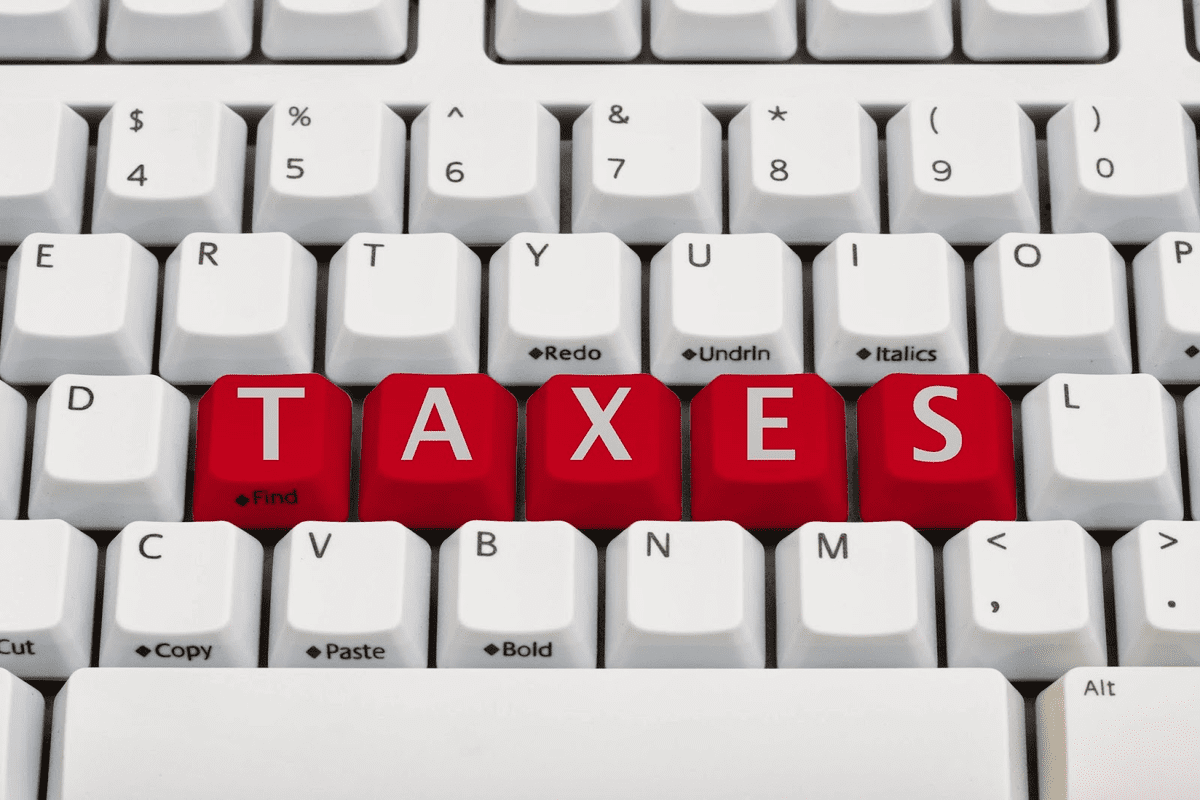Taxes are something that the average person hates. It’s a way of helping put money back into the government, but most people see it as a means of losing their hard-earned income on the promise of a return, which isn’t much in the way of a prize. If you talk to business owners, however, taxes become even more of a tedious aspect of being an entrepreneur because of the staggering amount of rules and regulations that are much less commonplace than it is for the average person.
They’re a part of being a business owner, but there is quite a lot to know about business tax and law. One aspect that is not usually at the forefront of the minds of people in sales and uses tax bonds, which is a unique part of being a business owner. This is especially important for businesses operating in retail, leases, or rentals, and it’s imperative that someone in business knows this. Here is what you need to know about sales and use tax bonds.
What are Sales and Use Tax Bonds?
As mentioned, a business that is operating in retail (selling products), leasing property or products, or renting property and products, is often required to ensure that a business will pay taxes on the revenue they make from these sales/leases/rentals. This bond is useful in helping ensure that the business is reliable in paying the taxes on time, and you can find more info on how it relates to the role of proving that they are responsible and credible in the act of doing so. Sales and use tax bonds are intended to help assure the state taxes will be paid and collected in the proper amount of time.
Types of Sales and Use Tax Bonds
Sales and use tax bonds come in many different types but are all related to the taxation of products and goods sold. Here are some of the most common types you will find for a business:
- Motor Fuel
- Customs
- Fireworks
- Tobacco Products and Cigarettes
- Alcohol, Liquor, or Beer
These are commonly taxed products sold every day that need to be made tax by the business, and thus, pay the taxes to the government. The bond acts as the license to collect these taxes, but sometimes they are not needed and can be posted with a general sales tax bond. It’s important to understand the role of your business and its sales.
Why is it Important?
The government needs to be sure that a business can financially sustain itself beyond revenue and be able to pay back taxes in an orderly fashion. Covering the cost of filing for bankruptcy is not in the interest of the state or federal government as it costs them billions every year. It’s also very important that many of these products sold are taxed regularly because of the high volume that they are purchased in.
Does Every State Have the Same Rules?
No, the short and simple answer is that not every state has the same rules regarding sales and use tax bonds. It would be common to find a bond required for the sale of liquor in many states, like Texas, but in some states, this is not a requirement. It’s also important to note that many states may require a different kind of product tax issue instead of a sales and use bond. Posting the general product sales tax is enough in some places, while in others there is no requirement at all.
How Much Do These Bonds Cost?
Another good question to ask is how much the bonds cost, which is also a variable answer depending on the state. In Missouri, the bond must be equal to double the monthly average on sales and taxes. In other places, like New Hampshire, there are no state taxes at all which means there is no requirement to pay either, even though a permit for sales tax still must be acquired. The varying cost also has to do with acquiring the bond as well. The bonds are issued, usually by surety companies, which deal with agencies that help spread your application to as many companies as possible to help you get approved. Often, there is also a payment of a premium, which is a percentage of the total bond amount.
Sales and use tax bonds are not the most common knowledge for the average person and many business owners, but it may be a crucial step in opening up a legitimate business. It also helps ensure the government’s trust in the ability to pay back taxes in a proper manner, as well as a sign of faith in a business’s financial credibility.
